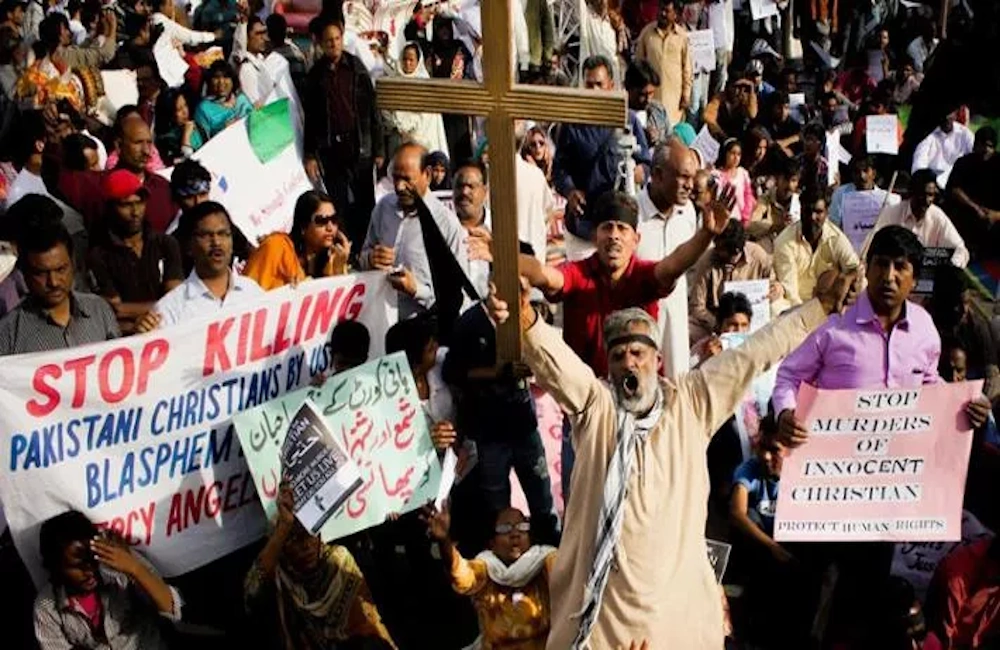The topic of the death penalty for apostasy (riddah) in Islamic jurisprudence is one of significant debate. While the Qur’an does not explicitly prescribe the death penalty for apostasy, various Hadiths and interpretations of Islamic law have influenced its understanding and application.
Hadiths on Apostasy
Several Hadiths address the issue of apostasy and its punishment. For instance, a Hadith in Sahih Bukhari records that “The Prophet said, ‘Whoever changes his religion, kill him.'” Another Hadith from Sahih Bukhari notes, “The Prophet said, ‘If somebody (a Muslim) discards his religion, kill him.'” Sahih Muslim includes a Hadith where the Prophet reportedly said, “The blood of a Muslim who confesses that there is no deity but Allah and that I am His messenger, cannot be shed except in three cases: a married person who commits adultery, a life for a life, and one who turns renegade from Islam and leaves the Muslim community.”
Historical Context and Interpretation
Traditional Islamic scholars from various schools of thought—Hanafi, Maliki, Shafi’i, and Hanbali—have historically interpreted these Hadiths to support the death penalty for apostasy, especially when it involves rebellion or undermining the Muslim community. However, contemporary scholars and Islamic reformists often challenge this interpretation, arguing that the historical and societal context of early Islam should not be applied to modern times. They stress the principles of freedom of belief and human rights, which may conflict with traditional views.
Evaluating Apostasy and Its Treatment in Islamic Countries
Despite varying interpretations of apostasy within Islam, the treatment of apostates and religious minorities, particularly Christians, in some Islamic countries reveals the harsh realities tied to traditional teachings. In many of these countries, the treatment is often brutal, with numerous accounts of violence, persecution, and systemic oppression. Let’s examine the real-world examples of how Christians are treated in these environments.
Pakistan: Systemic Persecution and Mob Violence
In Pakistan, Christians are frequently subjected to severe discrimination, violence, and persecution. Blasphemy accusations, often made on flimsy grounds, lead to mob violence, where Christians are targeted. Churches have been burned down, homes destroyed, and individuals attacked by enraged crowds. Christians often face false accusations of desecrating the Quran or insulting the Prophet Muhammad, leading to public beatings, imprisonment, or even executions.
Christians also face legal discrimination. Pakistan’s blasphemy laws carry harsh penalties, including the death sentence, and are disproportionately used against Christians, creating a climate of fear and oppression.
Iran: Brutal Crackdowns on Religious Leaders
In Iran, Christian preachers and religious leaders are frequently arrested and executed by the regime. Converting to Christianity is considered a betrayal of Islam, and apostates face the death penalty. Those caught practicing Christianity or evangelizing often endure imprisonment, torture, and even execution.
The government strictly monitors Christian converts, and underground churches are raided. Those attending are frequently arrested, interrogated, and pressured to renounce their faith. Many Christians have fled Iran to escape the harsh persecution and fear for their lives.
Nigeria: Targeted Violence and Mass Killings
In Nigeria, Christians endure some of the most violent and sadistic forms of persecution. There have been numerous reports of Christians being burned alive, hacked to death, and subjected to brutal attacks, especially in the northern regions where Islamic law is enforced more strictly. These attacks are often driven by religious intolerance, where Christian communities are singled out, their homes and churches burned, and individuals murdered.
The widespread violence has forced thousands of Christians to flee their homes and live in constant fear of further attacks. In some cases, women and children are kidnapped, raped, and forced to convert to Islam.
Egypt: Constant Threat of Violence
In Egypt, Christians live under constant threat of violence and harassment. Sectarian tensions often explode into violence, with Christians being targeted for their faith. Churches are frequently attacked, bombed, and burned, and Christians themselves are subjected to killings and physical attacks. The government has been accused of failing to protect Christian communities and turning a blind eye to the violence.
Christians in Egypt also face systemic discrimination in education, employment, and public life. Despite being a significant minority, they are often treated as second-class citizens.
Saudi Arabia: Total Repression of Christianity
In Saudi Arabia, the public practice of Christianity is completely forbidden. Christian worshippers who gather secretly face arrest, torture, and even death. Conversion from Islam to Christianity is punishable by death, and anyone suspected of converting can face severe punishment, including execution.
Christians living in Saudi Arabia, including foreign workers, must practice their faith in secret, and even private gatherings risk being raided by religious police. The Saudi government enforces strict adherence to Islamic law, leaving no space for religious diversity or freedom.
Conclusion
The treatment of Christians in these Islamic countries reflects a system of deep-rooted religious intolerance and sadistic persecution. Apostasy and religious dissent are met with brutal consequences, ranging from public violence to systemic legal oppression. While scholarly interpretations of apostasy may vary, the lived experiences of Christians in these regions show a clear pattern of persecution that is both harsh and inhumane. These examples underscore the significant human rights violations carried out in the name of religion, raising serious questions about the treatment of religious minorities in these societies.
